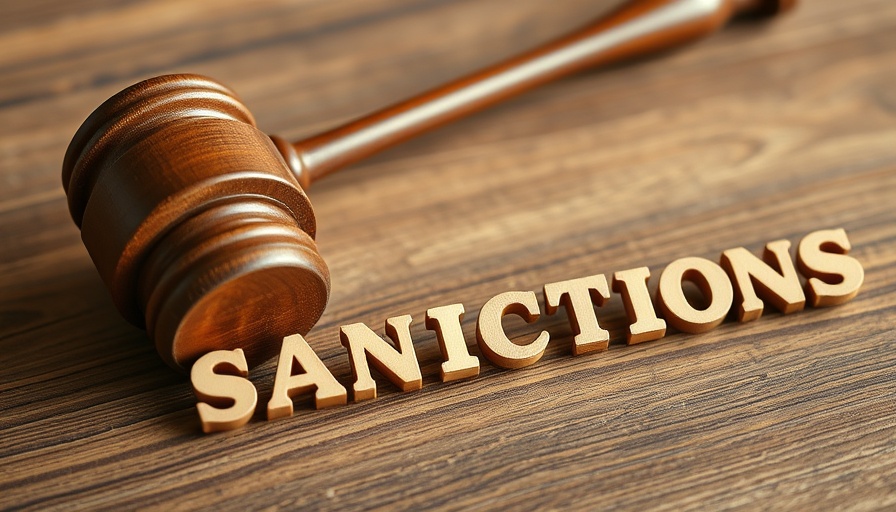
Understanding the Ruling on Frivolous Lawsuits in NJ Municipalities
In a significant ruling by the Supreme Court of New Jersey, municipalities are now liable for sanctions if they engage in frivolous litigation. In the case of Borough of Englewood Cliffs v. Thomas J. Trautner, the court found that the Borough acted in bad faith by pursuing a lawsuit against developer 800 Sylvan Avenue, LLC, and its own legal advisors after being warned about the weakness of their case.
The Implications of the Frivolous Litigation Statute (FLS)
The Frivolous Litigation Statute (FLS) in New Jersey is designed to discourage parties from filing baseless claims and to ensure that the legal system is used responsibly. As indicated in N.J.S.A. 2A:15-59.1, if a party in a civil action prevails and can prove that the opposing party's claims are frivolous, they may be awarded attorney fees and litigation costs. This ruling clarifies that public entities, once thought to be immune from such sanctions, can be held accountable.
Context and Background of the Case
The controversy arose when the Borough, after a directive from the New Jersey Supreme Court regarding affordable housing obligations, decided to challenge its constitutional compliance. Despite the advice of their attorneys to settle due to the case's weaknesses, the Borough chose to advance to trial, ultimately resulting in a loss and subsequent sanctions. This reflects a broader issue where municipal decisions can lead to substantial legal liabilities and costs for taxpayers.
Continuing Implications for Local Governance
This decision serves as a wake-up call for other municipalities considering similar litigations. As local governments navigate complex legal landscapes, the importance of legal counsel cannot be overstated. The sanctions placed on the Borough amounting to over $216,000 illustrate the financial consequences that can arise from pursuing frivolous lawsuits.
Conclusion: Learning from Mistakes
The ruling highlights the necessity for local governments to evaluate the advice of legal experts carefully. As such, it compels municipal leaders to be more responsible in their litigation approaches, fostering transparency and accountability within local governance. With rising legal costs and public scrutiny, municipalities must weigh the benefits and risks of every legal action they undertake.
 Add Row
Add Row  Add
Add 



Write A Comment